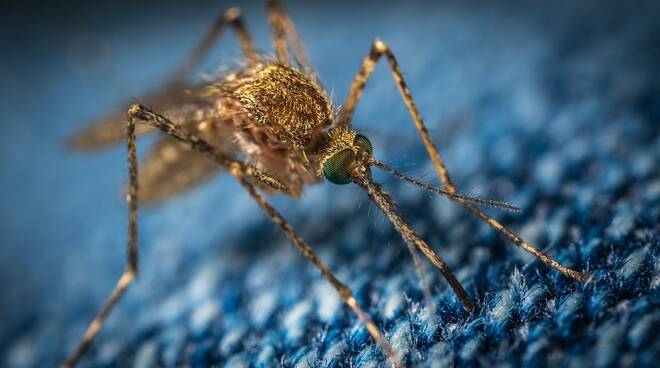West Nile Virus: how it manifests itself, how it can be prevented, how it can be treated
The Higher Institute of Health has provided an update on the West Nile Virus (WNV) outbreak in Italy, shedding light on the pathology and offering insights about prevention and treatment methods. So far, there have been a total of 55 reported cases of WNV infection, with 28 individuals experiencing neuro-invasive symptoms. Tragically, two deaths related to the virus have been reported in Lombardy. Piacenza has recorded four confirmed cases, all with neuro-invasive symptoms. To monitor the situation, the Higher Institute of Health releases a surveillance bulletin based on data provided by the regions.
What is the West Nile Virus?
The West Nile Virus, known as West Nile Fever, is a disease caused by the West Nile virus (WNV), a virus belonging to the Flaviviridae family. The virus was first isolated in Uganda’s West Nile district in 1937, hence its name. It is prevalent in Africa, Western Asia, Europe, Australia, and America.
Transmission and Symptoms
Wild birds, not mosquitoes, serve as reservoirs for the virus. Mosquitoes, particularly of the Culex type, are the main carriers that transmit the virus to humans through bites. Other rare means of infection include organ transplants, blood transfusions, and mother-to-fetus transmission during pregnancy. It is important to note that the West Nile Virus is not transmitted from person to person through direct contact.
The incubation period for the virus ranges from 2 to 14 days, but it can extend up to 21 days in individuals with weakened immune systems. While most infected individuals exhibit no symptoms, approximately 20% experience mild symptoms such as fever, headache, nausea, vomiting, swollen lymph nodes, and skin rashes. The duration and severity of these symptoms can vary depending on the age of the person. The elderly and those with compromised health are more susceptible to severe symptoms.
In less than 1% of cases, individuals infected with the West Nile Virus experience more serious symptoms, including high fever, severe headache, muscle weakness, disorientation, tremors, vision disturbances, numbness, convulsions, paralysis, and in rare cases, fatal encephalitis. Certain neurological effects may be permanent.
Diagnosis and Prevention
Laboratory tests, such as ELISA or Immunofluorescence, are used to diagnose the West Nile Virus infection. These tests detect the presence of IgM antibodies in serum and cerebrospinal fluid. It is important to note that a positive result does not necessarily indicate a current infection, as these antibodies can persist for a long time. Repeat testing may be necessary, and alternative diagnostic methods include PCR or viral culture.
Currently, there is no vaccine available for West Nile fever. Prevention primarily involves reducing exposure to mosquito bites. This can be achieved by using repellents, wearing protective clothing, installing mosquito nets on windows, eliminating stagnant water sources, and taking precautions in outdoor areas, especially during dawn and dusk.
Treatment
There is no specific therapy for West Nile fever. In most cases, symptoms resolve on their own within a few days to weeks. However, hospitalization may be necessary for severe cases. Treatment typically involves intravenous fluids and assisted breathing.
How to Defend Against Mosquitoes
Controlling mosquito populations and employing repellent substances are crucial in areas heavily populated by these insects. The Local Health Authority of Piacenza has implemented ten mosquito traps to detect viral circulation. These traps are periodically analyzed, and the first infected insect of 2023 was detected earlier than in previous years. It is important to note that the common mosquitoes, not tiger mosquitoes, are carriers of the West Nile Virus. Horses can also be affected, but there is a vaccine available for them. Humans should follow prevention guidelines and prioritize protection.
The fight against mosquitoes involves larvicidal treatments and eliminating stagnant water sources in private gardens and public areas. Municipal administrations are collaborating with the Local Health Authority to carry out these treatments and implement adulticidal measures when necessary.
As the West Nile Virus outbreak continues, it is essential to remain vigilant and take necessary precautions to protect against mosquito bites and reduce the risk of infection.
